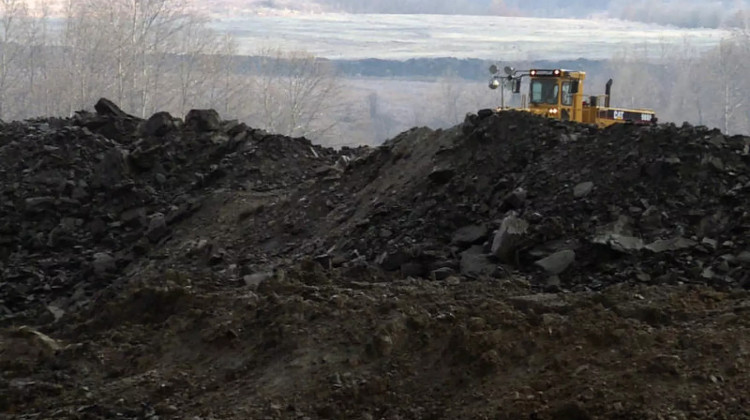Duke Energy won't be allowed to make its customers pay the more than $210 million needed to recoup coal-ash cleanup costs after the utility failed to follow the proper steps to recover those expenses, the Indiana Supreme Court ruled.
The state's largest utility primarily produces electricity using coal, which produces coal ash. After the Environmental Protection Agency enforced new rules in 2015 for treating that coal ash and remediating ash ponds, Duke attempted to bring its ash-management areas into compliance with state and federal law.
To cover the cleanup costs, Duke asked Indiana’s utility regulators to increase its rates in 2019, The Indianapolis Star reported. That meant retail consumers would be on the hook for the roughly $212 million Duke sought to recover for coal-ash site closures, remediation and financing.
The Indiana Utility Regulatory Commission permitted the plan in 2020, and it was later backed up by the Indiana Court of Appeals.
But a split panel of the Indiana Supreme Court reversed that decision with its Thursday order, concluding that Duke used retroactive ratemaking — which is against the law.
An Indiana statute allows utilities to recover costs that result from changes in federal regulations, but the law requires utilities to get prior approval for those expenses. While utilities are allowed to recover past costs, they can only do so in specific and unforeseen circumstances.
“Had Duke properly sought recourse under Indiana’s federal mandate statute,” the court order said, “the result may have been different.”
Kerwin Olson, executive director of the consumer advocacy group Citizens Action Coalition, told The Indianapolis Star that while there are “certain things” utilities can seek to recover retroactively, “this isn’t one of them.”
Olson said it's also still unclear what should happen to the $212 million in question, which customers are already paying in their rates.
The case will now head back to the state regulatory commission.
Duke said in a statement to the newspaper that it's reviewing the court’s decision and that there is no immediate impact for customers at this time.
 DONATE
DONATE








 Support WFYI. We can't do it without you.
Support WFYI. We can't do it without you.